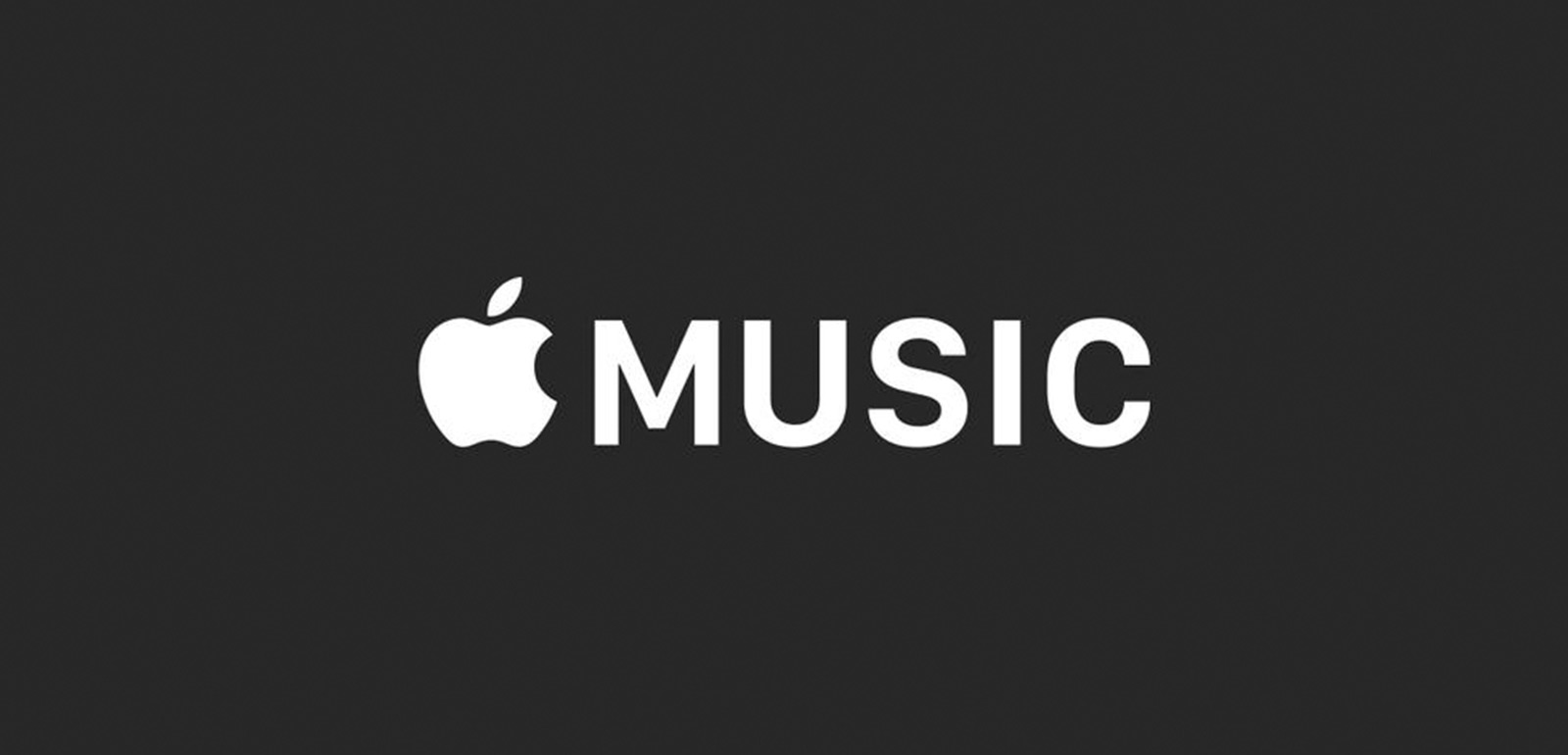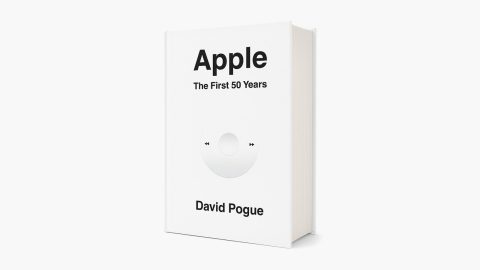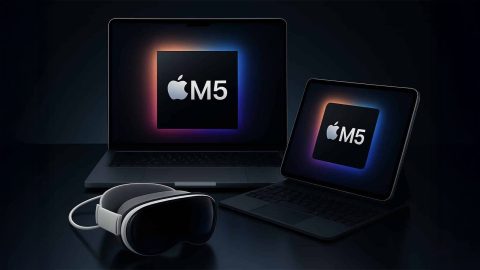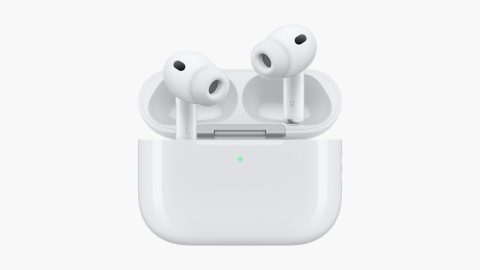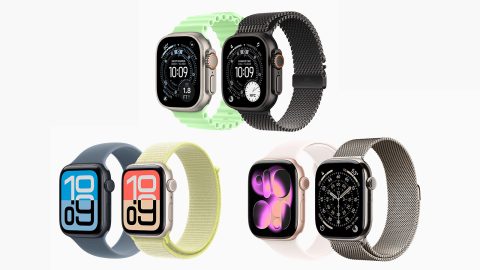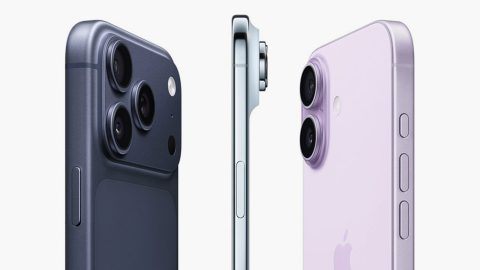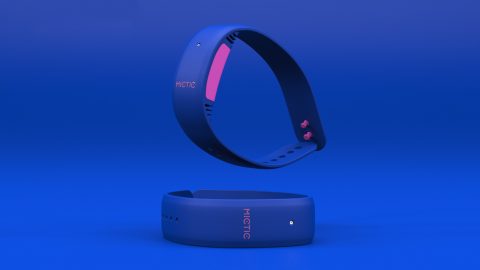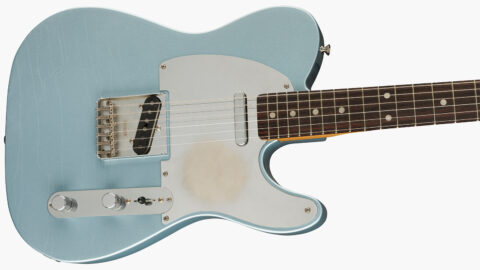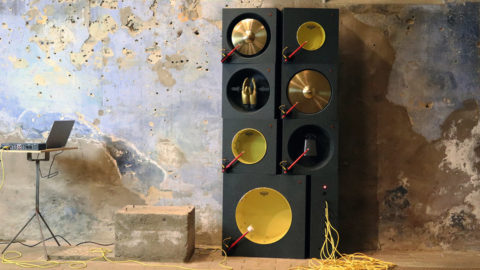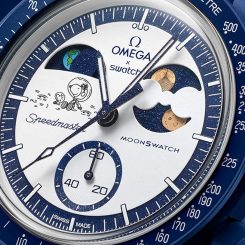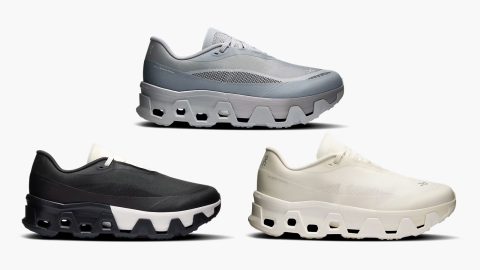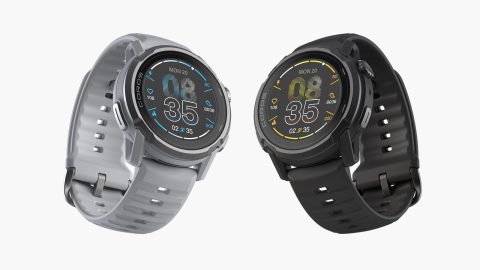Many business analysts were confused when Apple purchased Beats for a cool $3 billion in 2014. The question was whether the “generous” price tag was justified by the product lineup of premium Dr. Dre headphones or by Beats Music, the online music streaming service that had a mere 250,000 subscribers at the time.
In hindsight, now that Apple Music is poised to roll out in June 30, it’s safe to assume that Apple was more interested in the online streaming service more than the colorful headphones. As the #1 music retailer in the world, it seems that Apple had the foresight to respond to a changing environment where music download revenues were declining in favor of a market where streaming music consumption was on the rise.
So apart from the usual subscription-based streaming music service offered by competitors like Spotify, what differentiates Apple Music from the rest of the pack? For starters, Apple Music will attempt to be your one-stop-shop for everything music related, offering features like Apple Music Connect that will allow artists to connect directly with their fans by posting their music, demos, remixes, lyrics onto their personal page. In addition, Apple Music will offer a global 24/7 radio station titled Beats 1.
Apple Music will come pre-installed on the next iOS update. Considering the number of iPhone and iPad users all around the world, Apple will make an immediate and lasting impact in the music industry once again since the opening of iTunes in 2003. Here’s to hoping that it doesn’t end up becoming another U2 mandatory download fiasco.

